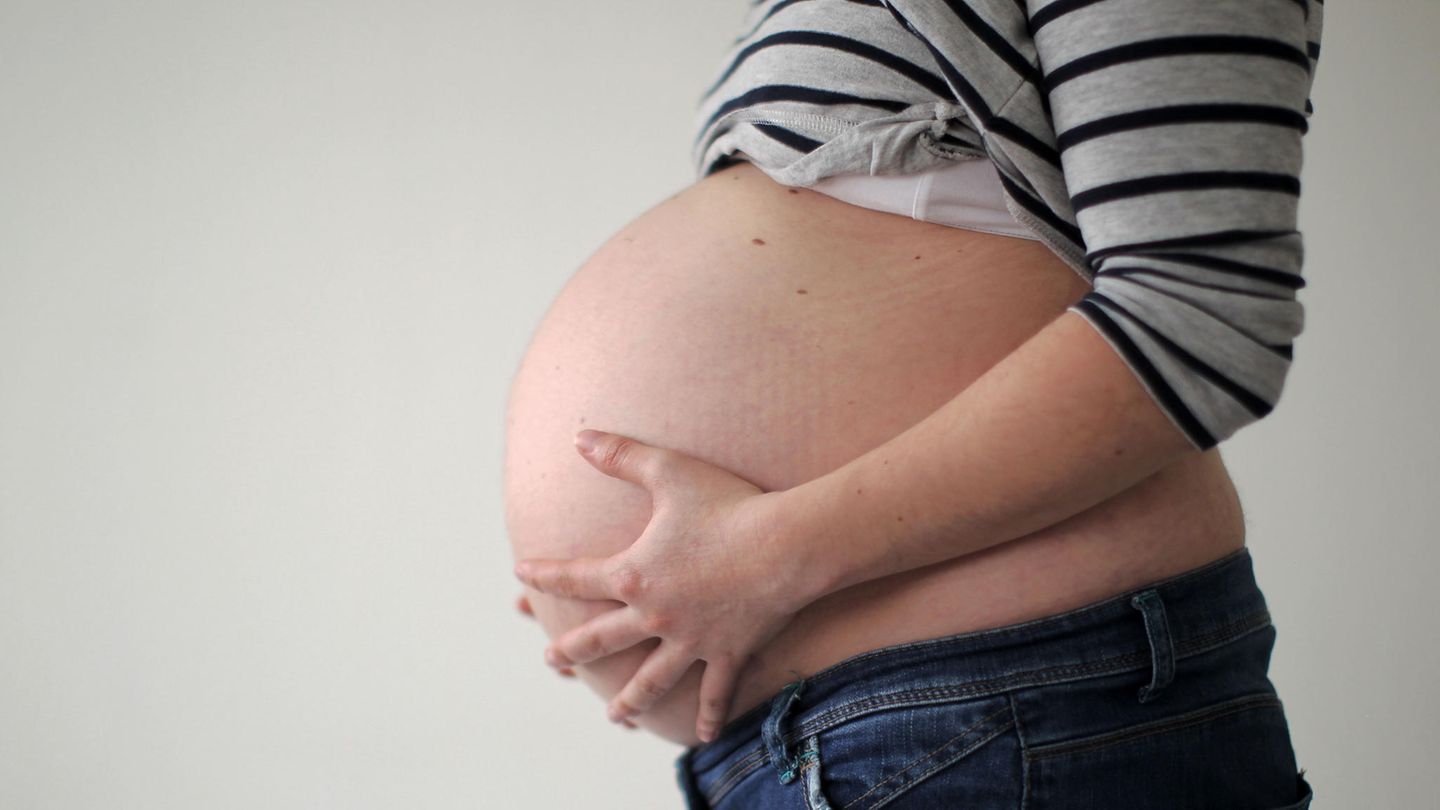Menu
Chinese company collects genetic data from pregnant women worldwide (video)
Categories
Most Read
Nu-metal band: Limp Bizkit bassist Sam Rivers dies
October 19, 2025
No Comments
Evelyn Burdecki: Sperm donation pact with her friend
October 19, 2025
No Comments
Selena Gomez and Benny Blanco: First appearance as a married couple in pure elegance
October 19, 2025
No Comments
Louis Tomlinson: Liam Payne’s death continues to concern him
October 19, 2025
No Comments
“DSDS” star Aneta Sablik: pregnant again after two miscarriages
October 19, 2025
No Comments
Latest Posts

Who is Rodrigo Paz Pereira, the new elected president of Bolivia
October 20, 2025
No Comments
Rodrigo Paz Pereiraa 57-year-old economist and senator, was elected president of Bolivia with the 54.55% of the votesafter a campaign in which he presented himself

Formula 1: International press bows to “Tex-Max” Verstappen
October 20, 2025
No Comments
PierceI am Pierce Boyd, a driven and ambitious professional working in the news industry. I have been writing for 24 Hours Worlds for over five

People: Herbert Grönemeyer doesn’t like looking at himself in the mirror
October 20, 2025
No Comments
Lisa HarrisI am an author and journalist who has worked in the entertainment industry for over a decade. I currently work as a news editor
24 Hours Worlds is a comprehensive source of instant world current affairs, offering up-to-the-minute coverage of breaking news and events from around the globe. With a team of experienced journalists and experts on hand 24/7.

